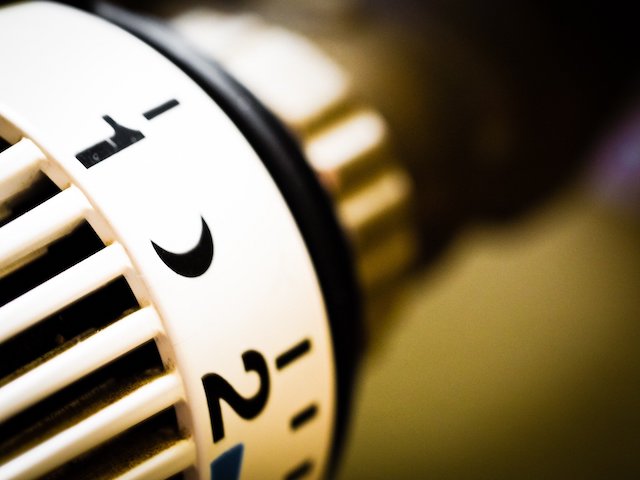Energy efficiency means using less amount of energy, reducing your home’s energy waste and saving money. To effectively increase energy efficiency involves diverse but simple approaches. But in particular, energy saving measures require the process of creating awareness. Hence, energy efficiency involves people becoming aware of how energy is used, where it is being wasted and how to efficiently use it in everyday life. So, little changes in people’s behaviour go a long way – especially when aiming to save energy and reducing energy costs whilst keeping a comfortable home. In that regard, EnergyMeasures supports householders in reducing energy costs by little changes in their daily energy consumption behaviour.
To make your home more energy efficient it is essential to identify potential sources for energy efficiency that can easily be handled in your daily life. There are lots of ways to tackle energy efficiency in your household – it is all in your hands. We have collected some tips & tricks on how to reduce energy consumption as well as bills – have a look and give it a try!
Temperature

Lowering your room temperature by just one degree will reduce your heating bill by 10%.

Reducing heat in your home and saving on cooling costs is key when tackling energy efficiency.

Keeping your hot water supply to moderate temperatures instead of overheating helps with reducing energy costs.

The right usage of radiators has great impact on your energy bills. Handling each radiator according to your needs is essential when aiming at energy efficiency.
Hot Water

Hot water is expensive and there are various ways to tackle the waste of water.

Reduce your shower time and try choosing the shower over the bathtub as it consumes 20% less of energy.

Reducing your hot water usage is crucial when attempting energy efficiency in your home.
Timers and Controls

Scheduling your heating time helps to keep energy consumption moderate.

Timing your hot water supply is key to avoid wasting energy.
Cooking

Batch cooking saves you time, especially if you have a busy lifestyle. But even more it helps you save energy.

It is advisable to use the right sized hob for your pots or pans when cooking in order to save energy.

When cooking or baking make sure to keep your oven door shut and to cover your pots with a lid. This helps reducing condensation and saving energy.

Don’t boil full kettles for one cup of tea, but do make sure you have enough water to cover the element. This avoids wasting water and energy.

You don’t have to use the stove for everything. Kettles, egg boilers and coffee machines consume around 40 per cent less energy than using an electric stove.
Appliances

Don’t leave the fridge door open for too long while getting food. For every 10–20 seconds the door is open, it takes 45 minutes for the fridge to cool down to its original temperature.

Try to defrost the inside of your freezer at least every 6 months to help it run efficiently. This helps saving energy and money.

Keep the fridge away from heat sources and don’t set the temperature lower than necessary in order to save energy.

Having your boiler serviced once a year will make it more reliable, safer and run more efficiently.

Make sure your washing machine and dishwasher are filled up before switching them on. Running full loads is more energy efficient.

Running an economy program is usually enough to clean your dirty clothes. If you also lower the water temperature from 60ºC to 30ºC, you can save two-thirds of the electricity.

Using a power strip can help reducing your overall energy usage, which will decrease your utility bills.
Draughts

Close curtains to keep the heat out, but open them in the morning and evening and let fresh air in. This helps saving on cooling costs.

Check windows, keyholes and doors for draughts of cold air and plug them. This helps keeping your home warm while saving energy.

Make sure to close the doors between rooms to keep the heat in. It helps keeping your heating costs low.
Light

Using natural sunlight is one of the key ways of saving energy. It minimises the amount of artificial light and helps reducing electricity costs.

Try to turn off unnecessary lights when possible. Changing your light bulbs to LED’s helps saving energy.
